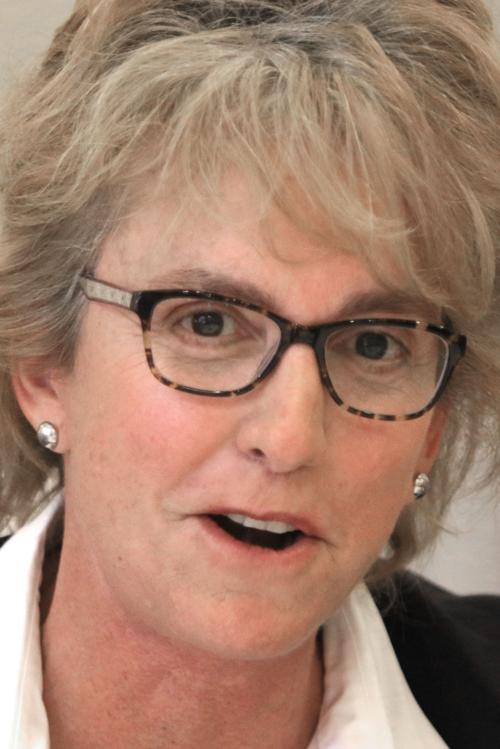PHOENIX — An investigator’s report into conduct of state Sen. Wendy Rogers finds she acknowledged “talking down” to her now former aide, but leaves most of his allegations unresolved.
Chris Kleminich, a Senate staff attorney who conducted the inquiry, found much of what occurred between the Flagstaff Republican and Michel Polloni falls into the he said/she said category. In most cases, what he detailed comes down to each with a different version of events.
Kleminich cautioned members of the Senate Ethics Committee that they are required to make any findings of fact about who to believe using the standard of “clear and convincing evidence.”
This is stricter than the normal civil standard of “preponderance of the evidence,” which basically means one story is more likely than the other. But it is less than the requirement under criminal law to prove facts “beyond a reasonable doubt.”
Potentially more significant, Kleminich said the questions of whether Polloni was effectively forced to resign appears beyond the scope of the Ethics Committee.
That could be resolved in court: Polloni has retained former legislator Adam Kwasman to represent him not only in the Senate probe but also in what the attorney called “forthcoming civil claims.”
The committee will review the findings Tuesday, March 2, and at that point potentially vote whether to bring formal charges against Rogers or dismiss the complaint.
Neither Rogers nor Polloni responded immediately to requests for comment.
Polloni had worked as a campaign volunteer for Rogers. Rather than choose from a list of Senate staff recommendations for an aide, the newly elected senator hired him.
The complaints started in December, before Rogers was sworn in but when she was allowed to occupy an office.
He alleged that she made comments about his weight; Rogers said she recalls one conversation “and it was in the interest of his professional development.”
Rogers denied making comments about Polloni’s gay sister or criticizing his conservative uncle who was married to his liberal aunt.
Kleminich was able to verify there was some discussion about whether Polloni was able to work while he was out with COVID-19.
In a text conversation, Rogers asked Polloni if he could work from home. He said a supervisor told him to “not work and just rest.”
“CAN you work from home? Are you up to it!” she texted back.
“Right now no because we are trying to figure out stuff,” he responded.
The one witness to some of this was an aide to Sen. Warren Petersen, R-Gilbert, as the two aides shared a common office.
She told the investigator she did not hear all of what occurred in Rogers’ private office.
But she did at one point hear the senator say, “tough s—, you work for me” and that Polloni responded that he works for the state. That closely corroborates his version of events on that day.
And Rogers told the investigator she did say to Polloni, “I will talk down to you, you work for me.”
Polloni and Rogers do agree there was a discussion about what items he could keep on his desk and on the wall.
“She told him this is sort of like being in the military, like a barracks, where you have limited personal affects to decorate your space,” Kleminich wrote of his conversation with the senator, a retired air force lieutenant colonel. “She said that we are in a combat situation here trying to get things done and this is not about you.”
Rogers has been an outspoken supporter of now ex-President Trump and is trying to get a stretch of highway in northern Arizona named after him.
She was one of the challengers of the presidential election returns and sent out a Twitter message falsely saying it was “radical Antifa mobs” that attacked the U.S. Capitol on Jan. 6.





